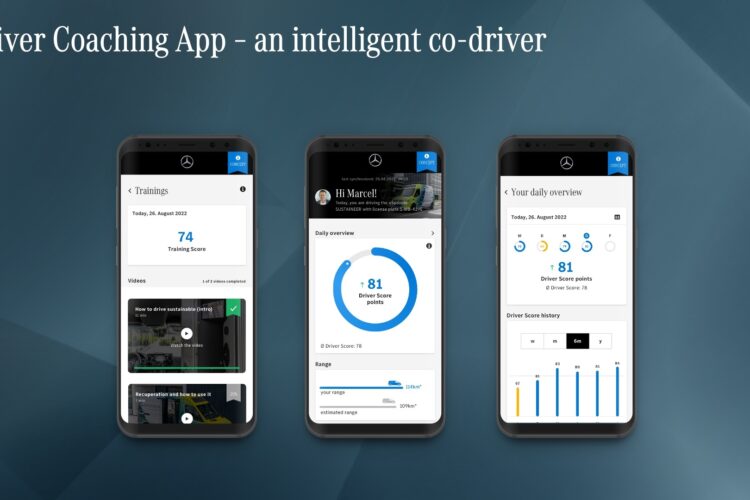Paris is getting rid of rental e-scooters. What does this mean for the mobility revolution?
A city that was among the first to introduce rental e-scooters is also one of the first to abolish them. Rental e-scooters are a traffic hazard, they say, because they are too fast for the sidewalk and too slow for the road. Many users “waive” traffic rules when using the scooters and view their continued use more in terms of a throwaway society. Therefore, they must now give way from the cityscape.
You can look at the scooter rental business on its own and conclude that this business model was no good. However, that would be short-sighted if we remember what the original idea was: the traffic or mobility turnaround, because society needs to rethink and also change the way it moves. A large part of our mobility is accounted for by private motorized transport. This clogs up roads, harms the environment and also increasingly damages the wallets of those who are mobile. Therefore, it was and still is important to offer and establish inter-modal alternatives to motorized individual transport. Bus & train to the hub, sharing (by scooter, car or bike) for the “last mile” to the destination. Here, e-scooters could and should also be a building block in the offer for precisely this last part of the way.
The questions we must now ask ourselves: Were (and are) the rental scooters used in the sense of the mobility revolution? Were they integrated as a fixed element in the mobility chain for, for example, the way to work?
It quickly becomes clear that the rental scooters have fulfilled this role little or not at all, but rather have been used in tourist hotspots and by younger target groups in their leisure time. However, the e-scooters have not yet become a real alternative to the car in the sense of the mobility revolution.
What does this tell us? Several things:
- Technology alone does not change the behavior of societies Technology is not a catalyst for change, but rather stands for enabling change
- Change alone is not a catalyst for successful business models. The opposite is the case with business cases from the retort: some business models hinder change by burdening users’ wallets with additional costs.
- Change is still the most complex, difficult part – it rarely happens voluntarily and most of the time it needs a triggering moment or pressure from e.g. regulation to make change happen or strong monetary incentives.
- One of the most important technologies in the mobility transition is data! Data protection complicates a perfect, highly personalized customer experience and support for the start of the mobility revolution.
Whether startups or corporate innovation, it’s still true: Technology, business models and social change always go hand-in-hand. It only works in this constellation. In the case of scooters for hire, the opportunity to make them a supporting element of the mobility revolution was unfortunately missed – at least in Paris! Too little will for social change, too much business model. This could be a wake-up call for other cities and the handling of mobility offers – there is still a lot to do!


